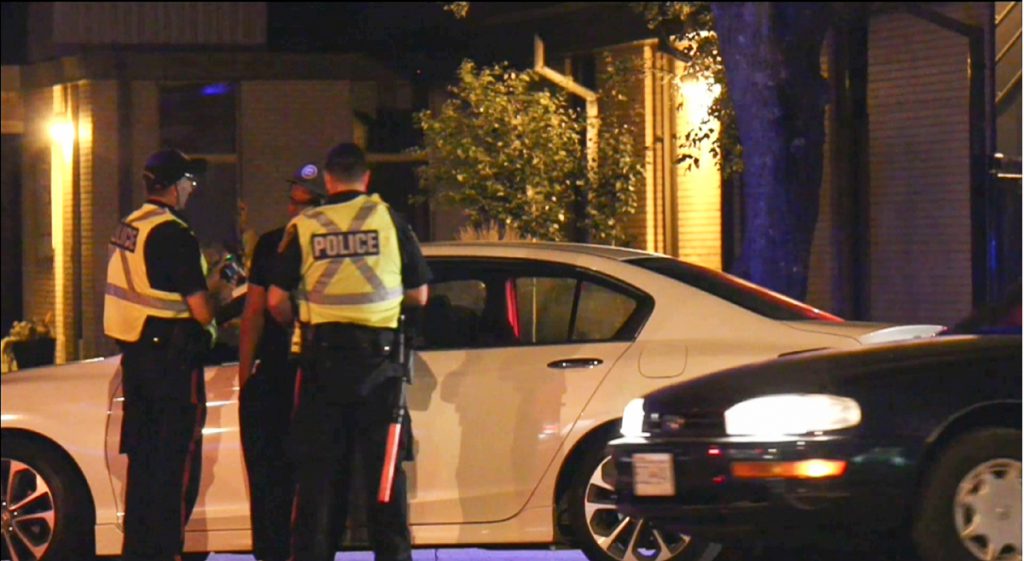The Critical Importance of Legal Representation in DUI Cases
DUI Lawyer Winnipeg: Facing a DUI charge can be an intimidating and life-changing experience. A DUI charge can feel overwhelming, creating a storm of stress, fear, and uncertainty that reaches into every corner of your life. Regardless of whether it is your first encounter with the justice system or a subsequent offence, the potential consequences are profound. From financial penalties to the loss of driving privileges and potential incarceration, the ramifications extend well beyond the courtroom. More importantly, a DUI conviction can create long-lasting obstacles that affect employment, travel opportunities, and personal relationships. Understanding the intricacies of Canada’s DUI laws is crucial, but navigating them alone can lead to serious missteps. With Canadian DUI laws being particularly stringent, navigating the intricate procedures without professional help is fraught with risk. This is where the guidance of an experienced DUI lawyer by your side is essential to protect your rights and secure the best possible outcome for your case.
Complexity of Canada’s DUI Laws and Why Expertise Matters
DUI laws in Canada are part of the Criminal Code, specifically Sections 320.14 to 320.18, which outline strict penalties for impaired driving offences. These laws do not solely cover driving under the influence of alcohol but also include impairment due to drugs, whether they are illicit substances or legally obtained ones, such as cannabis or prescription medication. The penalties vary based on the severity of the offence and whether aggravating circumstances, such as causing bodily harm or death, are involved. Convictions can mean mandatory fines, jail time, and license suspensions, escalating with repeat offences. The blood alcohol concentration (BAC) limit for driving is set at 80 mg per 100 mL of blood, but drivers can still face penalties even with a BAC between .05 and .08, under the “warn range” stipulations outlined by various provincial regulations.
The sheer range and gravity of these penalties underline why engaging a qualified DUI lawyer is crucial. Given the strict nature of these laws, handling a DUI charge without proper legal representation increases the risk of unfavorable outcomes. Experienced DUI lawyers have a comprehensive understanding of these legal parameters and can navigate the complex judicial processes involved. They know how to spot procedural errors, assess the validity of evidence such as breath or blood test results, and identify possible violations of your Charter rights.
Types of DUI Offences and Their Consequences
DUI Lawyer Winnipeg: A DUI offence can take different forms, depending on the nature of the impairment and the circumstances surrounding the arrest:
Penalties range significantly depending on prior convictions and aggravating factors:
Why You Need a Skilled DUI Lawyer
The stakes in DUI cases are high, and the consequences can change the course of your life. A qualified DUI lawyer brings expertise and a focused approach that can significantly alter the trajectory of your case. Here are several key reasons why you should consider hiring a specialized lawyer:
Defences Against DUI Charges
No two DUI cases are the same, and an effective defencestrategy requires a thorough understanding of the law and the specific circumstances involved:
Building a Robust Defence
DUI Lawyer Winnipeg: A DUI lawyer’s role extends beyond merely contesting charges; it involves building a comprehensive defence by exploring all potential avenues:
Long-Term Implications of a DUI Conviction
The consequences of a DUI conviction extend far beyond immediate penalties. A conviction can lead to increased insurance premiums, difficulty securing certain types of employment, and travel restrictions. However, with the help of a DUI lawyer, you can mitigate some of these outcomes:
Taking Action: The Next Steps
Time is of the essence when facing DUI charges. Early action allows your lawyer to review your case, prepare a defencestrategy, and negotiate with the Crown before a formal sentencing position is established. Hiring a DUI lawyer with the knowledge and skill to navigate Canada’s DUI laws can mean the difference between severe consequences and a more manageable outcome. Contacting a qualified DUI lawyer today could be the first step in safeguarding your future, mitigating the charges against you, and ensuring that one mistake does not define the rest of your life.
.
Related Cases
987
Criminal cases
Won


